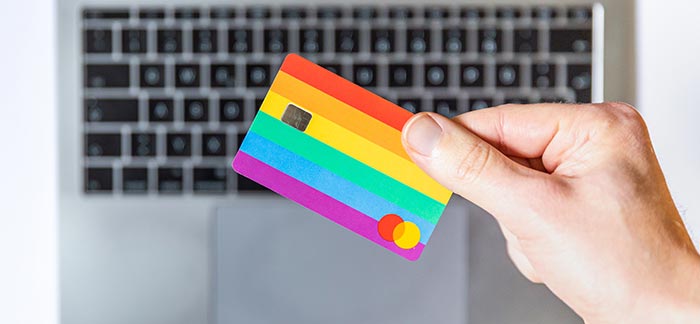5 Signs You’re Overspending (And What to Do About It)

Now that you know about these common signs of overspending, let’s discuss what you can do about it.
5 Ways to Curb Your Overspending
1. Track your spending
One of the best things that you can do for your financial situation is to track your spending. You might think that you don’t need to track every little purchase you make, but the truth is that these little purchases can add up quickly. This includes your morning coffee, buying a magazine, picking up a pastry, or eating out.
If you don’t track your spending, you might end up with a low balance and buyer’s remorse. Remember that tracking your expenses is a must for successful budgeting.
2. Know your triggers
Not all people spend their money on clothes. You have your own triggers. For example, you might have a tendency to overspend on food, stationery, etc.
It’s important that you know what your triggers are in order to better control it. So, if you are hungry, eat something before you go out shopping for groceries. If you’re feeling down, wait before this emotional state passes, and don’t go on to purchase any luxury item.
Before you make any purchase, take a moment and ask yourself whether you really need this.
3. Use cash
When you are creating your budget, use cash. This way, you will have to stick to your plan. Once the cash has run out, you won’t be able to overspend. Make sure that you assign a fixed amount to all your expenses.
Another way you can stick to cash-only budgeting is by keeping money for the week aside and taking it out as needed. Depending on your expenses and spending habits, you can do what helps you stick to your budget.
4. Have short-term financial goals
One common habit of overspenders is to make expensive purchases on credit cards and not pay them off immediately. They are more focused on the “here and now” instead of the future.
However, if you want to change this habit, you should have some attainable and feasible short-term goals. You can save some percentage of your paycheck every month to attain these goals.
Having these short-term goals will allow you to change your viewpoint about money. And, once you have achieved one of them, don’t forget to pat yourself on the back.
5. Don’t take your credit card
Credit cards can be beneficial. However, you don’t have to take them everywhere with you.
For instance, if you are going out to the mall, instead of your credit cards, take cash. This way, you won’t be tempted to make a spur-of-the-moment purchase with your credit card. If you shop online often, don’t save your credit card information, or else you might fall prey to impulse shopping.
Overspending can be a tough habit to quit. But, with dedication and a few tips, you can save yourself from a lot of trouble.






